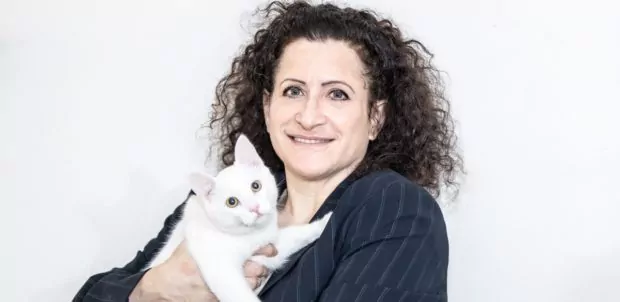Gary from Super Saving Tips grew up in a family that was careful with their money. They didn’t have a lot, so they always looked for discounts and sales. He told me his mom taught him things like looking for discounts, coupon clipping, and buying quality products that last.
Gary continued those habits as he grew older, always careful with his spending, saving and budgeting — but he ignored one important thing. “I have to plead guilty about neglecting my health for a great part of my life,” says Gary. “Unless you have health issues as a child, most people like me think they are immortal when they are younger and I never considered things like regular doctor visits or a healthy diet and lifestyle.”
Unfortunately, those decisions cost him later in life. In 2008, at 58-years-old, he was diagnosed with type 2 diabetes. He began taking three expensive medications. Gary says, “Those three prescriptions totaled a cost of over $600 a month when you include the insurance. This didn’t include the doctor’s fees or the deductibles, but you get the idea.”
Things didn’t get better for Gary, even though he started taking better care of himself. In 2012, he was doing some easy job in the house and suddenly he felt very weak and a discomfort in his chest started up. He sat down but he felt awful. Gary hates visiting the doctor so he waited until the next day, thinking that he might feel better. He didn’t.
Things get worse
The next day he saw the doctor and she immediately sent him to a cardiologist. “Within the first five minutes of the exam, the cardiologist said I needed to be immediately hospitalized and treated for what he suspected was a heart attack.” The next day he had a stent placed inside his artery to restore the blood flow.
But as Gary says, “one wake up call wasn’t enough, and two years later I stopped taking all my expensive medications. I ended up in the hospital with congestive heart failure.” Currently, he and his wife’s prescriptions run over $600 a month after insurance. That blows a hole in their budget each month. It’s 12 percent just for prescriptions alone and about 25 percent for all their medical and insurance costs.
Now Gary exercises, eats healthier, and takes his medications. He also finds ways to save money on his medical costs. “The ever increasing costs have led me to use every conceivable way to try and control those expenses. Everything from the use of generics, responsible pill splitting, and using preferred discounted pharmacies as well as finding the right insurance each year.”
He and his wife also carefully budget and track all their income and expenses and make adjustments whenever it’s necessary. As far as spending money on his social life, Gary says, “We try and make our social activities include free things like free concerts in spring, summer, and fall and free events at our local library like lectures and movie nights. We also use the library for books, music CDs and DVDs.”
Downsizing and saving
Now that Gary has his health in better shape, he and his wife made some big changes. “We did have to choose condo living over a single-family home,” says Gary. “We also eliminated one of our cars but we have adjusted to it. Now we are always looking for a side hustle to earn some extra money when we can, like being a poll worker for the elections to name one.”
I asked Gary if he had some saving advice for us. He says, “I start with the concept that saving money on the biggest recurring expenses in your budget will give you the biggest payback. The first place to look is your grocery/food shopping where you spend money every week and if you don’t do it right, it can cost you a fortune.”
He published a post on how he saved $170 dollars on a day’s worth of shopping. I like the way he ends that post: “You don’t need to shop every sale or use every coupon…make those promotions work for you, not the other way around.” Too many people buy sale items, just because they’re on sale, or because they can’t distinguish a “want” from a “need.”
Gary agrees: “Those who can’t control their spending on ‘wants’ and differentiate that from their ‘needs’ are destined to run up high debt with high interest payments that risks their financial well-being.” Gary certainly differentiates wants and needs. And he knows he “needs” his health more than money. I’ll leave you with this last sentiment.
“Your good health is the most important thing in life simply because without it nothing else matters. To put it bluntly, the money you may save now by avoiding healthcare in the short term can come back to devastate your life. Money has no value to you when you are no longer alive.”








